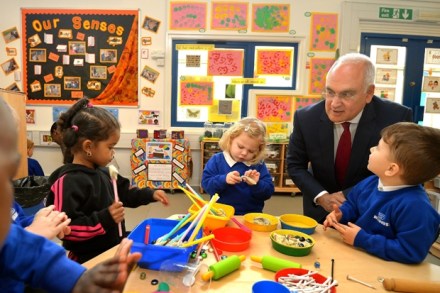School portraits | 10 March 2016
Sir William Borlase Parents fight tooth and claw to make sure that their house is in the right catchment area to get into Buckinghamshire’s excellent state schools. Many of the former grammar schools — including this one, RGS High Wycombe and Wycombe High School — are now Academies, but they are no less popular or successful. This co-educational grammar is based in the leafy town of Marlow only yards from the Thames. It has its own boat club and school rowing teams regularly win national championships and compete at Henley Regatta. The academic results are superb, too: 82 per cent of last year’s A-level results were B or




















